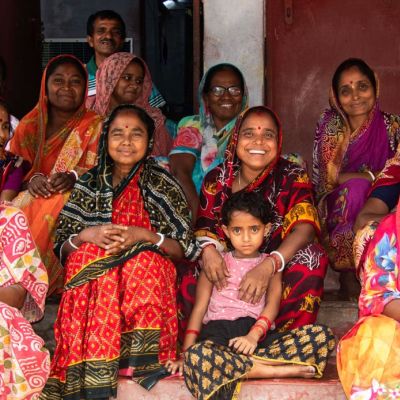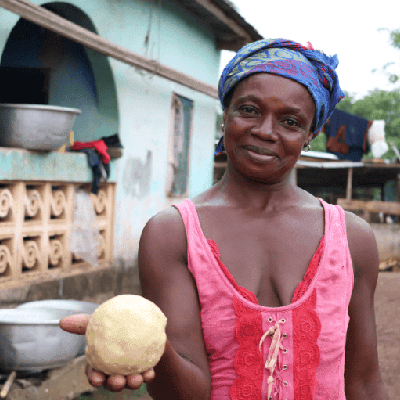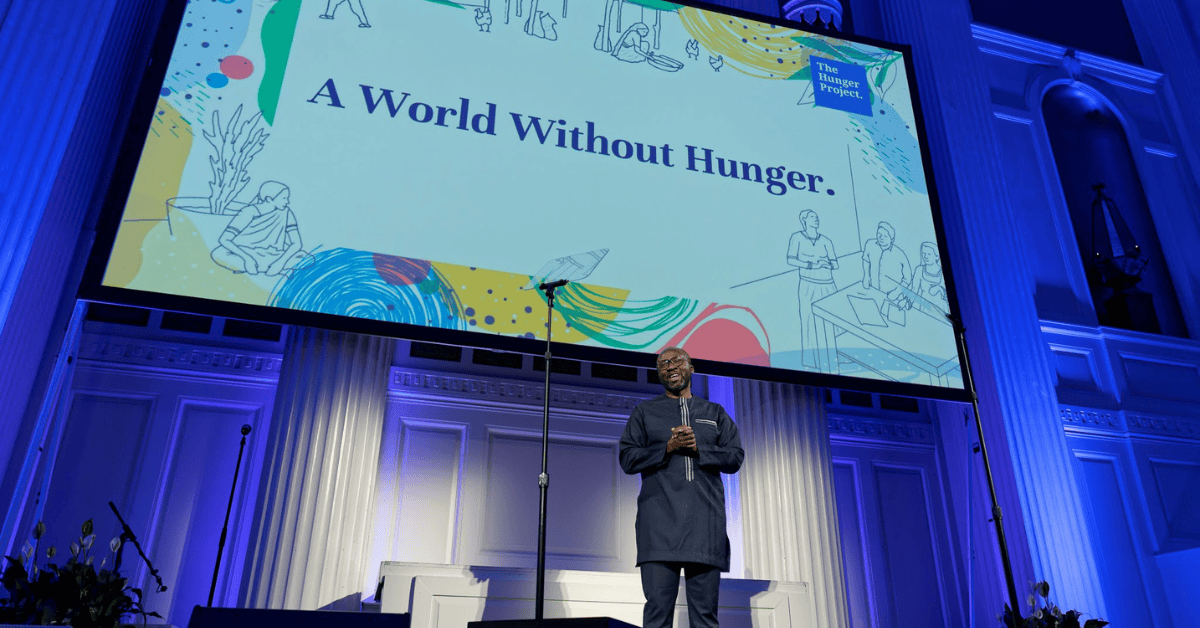- Train local leaders - Animators - to guide neighbours through climate adaption practices.
- Introduce drought-resistant crops like sorghum and millet that can thrive through tough conditions.
- Launch beekeeping programmes that restore ecosystems and provide steady incomes.
Continue reading to see how these actions are specifically helping communities in Malawi continue to thrive even when facing some of the harshest impacts of the climate crisis.
How Rural Malawi is Fighting Hunger Through Climate Action
Across Malawi, families are facing the harsh realities of a shifting climate - rising temperatures, erratic rainfall and shrinking harvests. For many, access to food has become increasingly precarious. Approximately 5.7 million people in Malawi struggle with food insecurity, and 71% of the population live in extreme poverty. But rather than wait for change communities are creating a world without hunger themselves.
Our team in Malawi has taken bold action to address these challenges through climate adaption and resilience building initiative. Their efforts are grounded in the belief that sustainable solutions must be rooted in local knowledge and community-led action.
In the region around Majete Wildlife Reserve, which has long been affected by drought, the introduction of drought resistant crops such as sorghum and millet has transformed farming practices. For the first time, community members at the Majete 8 Epicenter have started planting these crops, marking a shift away frmo traditional maize cultivation.
Francis Kamphoodza (pictured below in the purple shirt), a trained community mobiliser or Animator, has been instrumental in this transition. Through his advocacy and leadership, he has helped the community embrace these more resilient crops, which are better suited to the changing climate.

Animators like Francis are central to this transformation. Our Animator Training in Climate and Resilience equips local volunteers with the tools and knowledge to guide their communities through the changing climate. These animators act as catalysts for change, sharing vital information about climate change impacts, sustainable farming practices and climate adaption strategies including weather information systems, climate smart calendars and local safety nets that enable communities to be proactive rather than reactive to climate events.
Another success story comes from the Majete 6 Epicenter, where The Hunger Project facilitated beekeeping training for 20 farmers. By equipping farmers with beekeeping tools and training, they now have an alternative income source that can withstand climate shocks, such as drought and floods. It also helps to restore degraded land and promote reforestation efforts, making it a sustainable solution for both the environment and the community.
As the climate crisis continues to threaten food security in Malawi, we remain committed to building resilience. Through education, sustainable farming practices and community-led initiatives, we are mobilising rural comunities to create a world without hunger.
(Story first published by The Hunger Project Global (www.thp.org))









